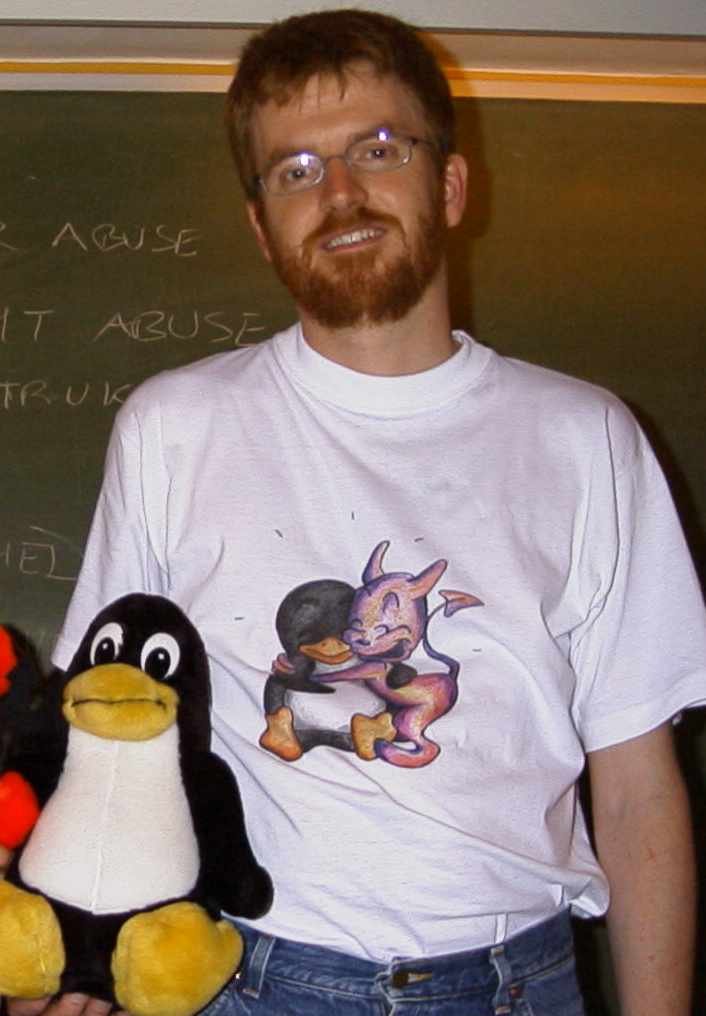|
Beerware
Beerware is a tongue-in-cheek term for software released under a very relaxed license (beerware licensed software). It provides the end user with the right to use a particular program (or do anything else with the source code). Description Should the user of the product meet the author and consider the software useful, they are encouraged to either buy the author a beer "in return" or drink one themselves. The Fedora project and Humanitarian-FOSS project at Trinity College recognized the ''"version 42"'' beerware license variant as extremely permissive "copyright only" license, and consider it as GPL compatible. the Free Software Foundation does not mention this license explicitly, but its list of licenses contains an entry for informal licenses, which are listed as free, non-copyleft, and GPL-compatible. However, the FSF recommends the use of more detailed licenses over informal ones. Many variations on the beerware model have been created. Poul-Henning Kamp's beerware lic ... [...More Info...] [...Related Items...] OR: [Wikipedia] [Google] [Baidu] |
Poul-Henning Kamp
Poul-Henning Kamp (; born 1966) is a Danish computer software developer known for work on various projects including FreeBSD and Varnish. He currently resides in Slagelse, Denmark. Involvement in the FreeBSD project Poul-Henning Kamp has been committing to the FreeBSD project for most of its duration. He is responsible for the widely used MD5crypt implementation of the MD5 password hash algorithm, a vast quantity of systems code including the FreeBSD GEOM storage layer, GBDE cryptographic storage transform, part of the UFS2 file system implementation, FreeBSD Jails, malloc library, and the FreeBSD and NTP timecounters code. Varnish cache He is the lead architect and developer for the open source Varnish cache project, an HTTP accelerator. Dispute with D-Link In 2006, Kamp had a dispute with electronics manufacturer D-Link in which he claimed they were committing NTP vandalism by embedding the IP address of his NTP servers in their routers. The dispute was resolved ... [...More Info...] [...Related Items...] OR: [Wikipedia] [Google] [Baidu] |
